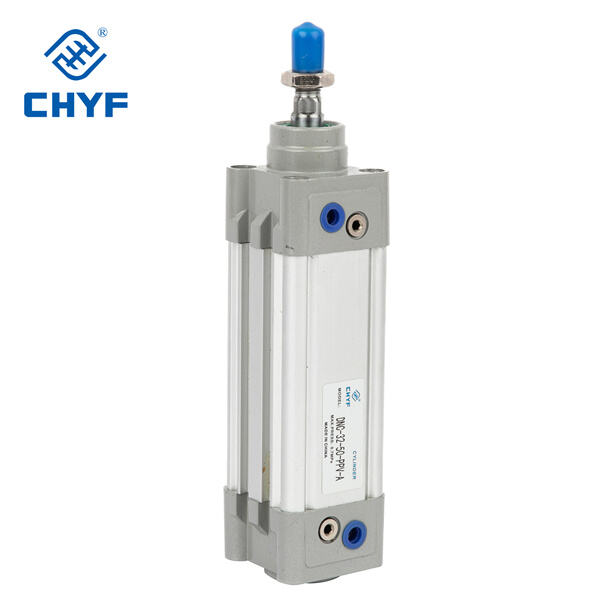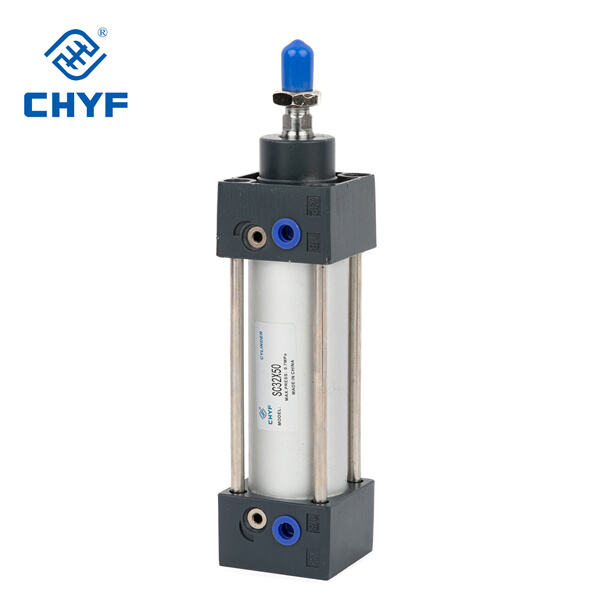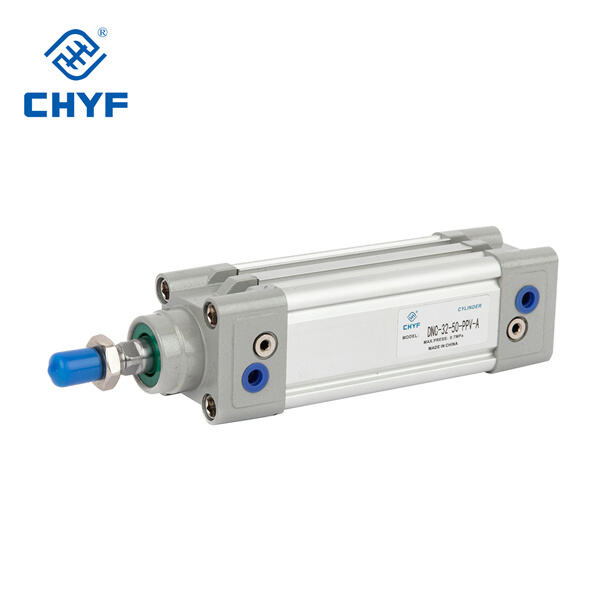Tel: +86-577 61727673
Email: [email protected]
Tel: +86-577 61727673
Email: [email protected]
Piston Air cylinder is another form of pneumatic actuator that use air pressure to produce force and movement. It's a cylinder with a piston inside it that moves backwards and forwards under pressure when air is forced through the cylinder. This movement can be utilized to actuate different industrial tasks.
Workstations At WorkPiston air cylinders in use in factories and plants can be found in nearly any kind of factory setting, where they are used in various ways to facilitate workers and processes. They are capable of performing a variety of tasks such as pushing, pulling, lifting, lowering or holding an object in a set position. Things like this are directly possible due to the design of a simple but effective piston air cylinder.
The piston moves to a certain direction when the cylinder fill with air that pushed the piston. Regulating the tension of this can be achieved simply by increasing or reducing the air pressure will allow more or less of this movement. Piston air cylinders are commonly used for machinery in manufacturing and other industries.
There are many advantages to using a piston air cylinder in industrial applications. One of the key benefits is that they are strong, sturdy and reliable which means they are able to cope with the heaviest usage and not break down regularly. What's more, piston air cylinders are simple to maintain and, cost wise, they are affordable and present economy of operation, which is why they are versatile and widely used across many industries.

One advantage of a piston air cylinder is that these can be adapted to suit all requirements. This translates into the ability to place them in narrow areas, run them at different speeds or support different amounts of force. This versatility means piston air cylinders are able to be used in a variety of applications.

When choosing a piston air cylinder for your industrial service, there are several considerations to take into account: First you figure out which bore, and stroke cylinder you will need for your application. This will enable the cylinder to operate optimally for its intended role.

Routine maintenance is necessary for the longevity of your piston air cylinder in order to keep it operating effectively. For example, inspecting the cylinder for leaks, cleaning the air filters, and greasing the moving components. You should also examine the cylinder for wear and tear and replace any damaged parts as necessary.